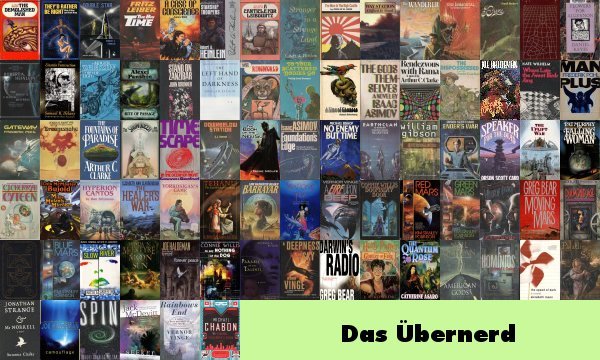 Kafka on the Shore
Kafka on the Shoreby Murakami
Translated by Philip Gabriel
2006 World Fantasy Award Winner for Best Novel
I went into this novel with high hopes for two reason. The first was that I had never read a Japanese novel before; not even Tale of the Genji. I've read more than my share of manga but using it get a perspective on novelists is like looking at current superhero comics and trying to work out what the US literary scene is like. I have read novels from other Asian cultures so I was interested in how Murakami would use the medium and how it would compare. The other is that Haruki Murakami is one of the big names in literature at the moment. Big enough that I've heard some people seriously suggest a Nobel prize in literature could be in his future. Consequently I expected something special.
I have to say that I did get something special. Kafka on the Shore is a strange, dreamy novel. I was left at the end puzzling over it; trying to come to grips with the how and why of the story. It's going to stick in my mind for a long time to come. It's definitely not a novel for entertainment (though there are aspects of that); Kafka on the Shore is there to be interesting and intriguing. It is something to be examined and pondered.
Kafka is a fifteen year old boy with a pronouncement of doom hanging over his head. To escape his fate he runs away from home to hide on the far side of the country where he hides amid a special library. Nakata is an old man who lost part himself in his childhood. He lost his intelligence and literacy but gained supernatural abilities. Kafka's fate puts the two of them on a collision course dragging those around them along with them.
There's a lot of literature and mythology mixed up in their story. Fate in particular as a mythological theme is deeply engraved in it. This does mean that it helps to know your mythology when reading Kafka on the Shore. In particular there is an aspect of Japanese mythology which is important to understanding the conclusion and it never explained in the book. I wouldn't have even remembered it myself to put everything together except for the fact that I've run across the story in four different places in the past two months.
The novel rests securely on the shoulders of its characters. I almost called them "quirky" in my plot description but that doesn't do Murakami justice. There's a few off the wall characters but only the minor ones push the "Isn't that strange?" button. The others are simply richly drawn people each of whom is struggling with fate: recognizing it, running from it, accepting it, or dealing with its consequences.
Kafka himself is not a pleasant protagonist. He's a lost, confused child trying to grow up and often doing it the wrong way. At the same time he's interesting to read about because he is so broken. I never got the impression that the reader was supposed to sympathize with Kafka beyond his desire to escape a bad fate and his confusion. That makes it more effective in my view than trying to justify his behavior to the reader.
The plot itself left me bewildered at the end. It drifts through the book giving the reader moments where the direction is clear but for the most part things happen and run together. I have to give the weight to the character arcs for making the Kafka on the Shore interesting instead of the plot developments which play out as afterthoughts.
I have to mention Philip Gabriel's translation as an exceptional peice of work on its own. It is a monumental achievement to take the Japanese text to English and giving the work a distinctive tone that helps carry the reader through it's strange landscapes.
Kafka on the Shore is a strange book. I can't propperly describe it and do it justice. It is an exceptional novel that I am going to be left considdering possibly for the rest of my life and it has definitely left me with a desire to read more from Haruki Murakami.
